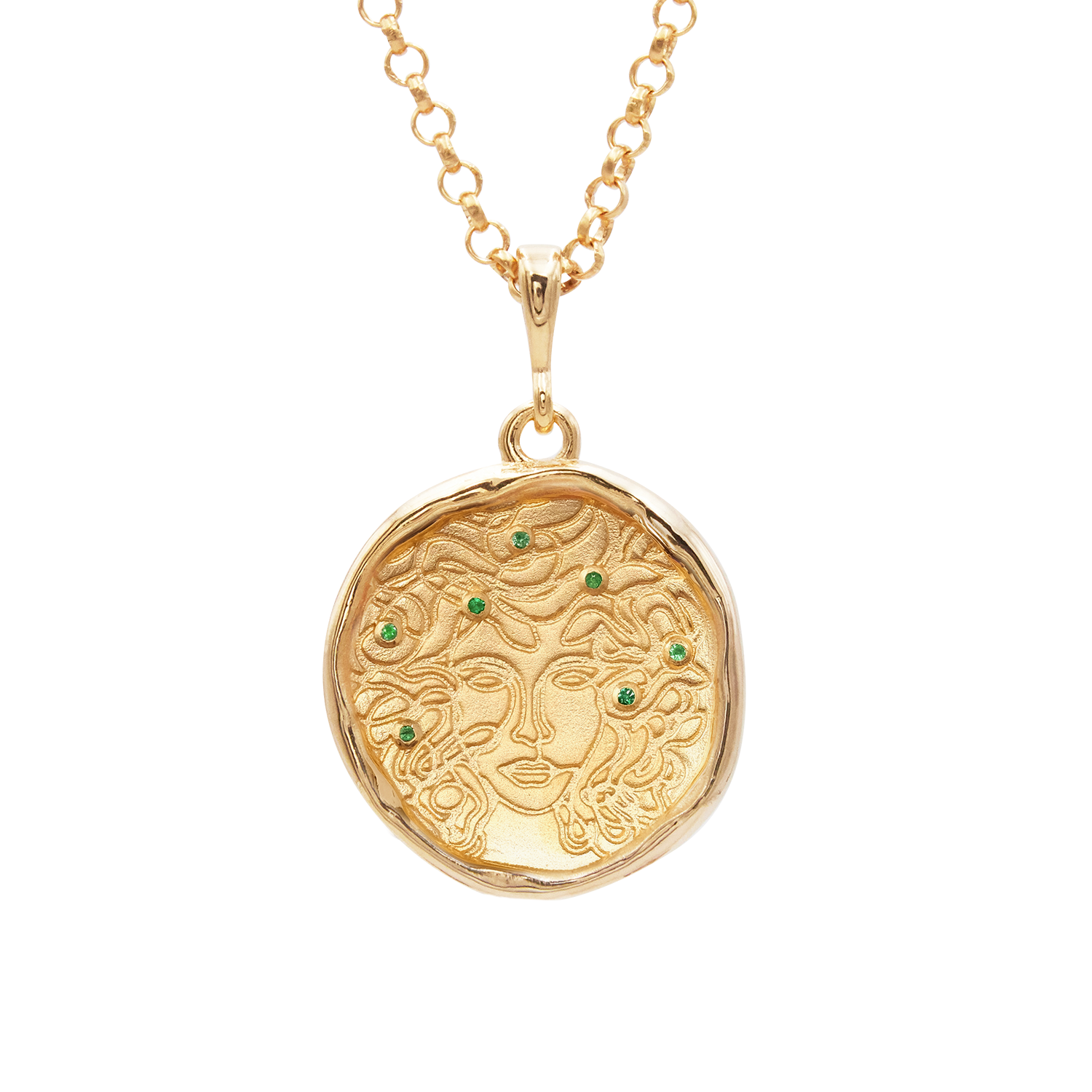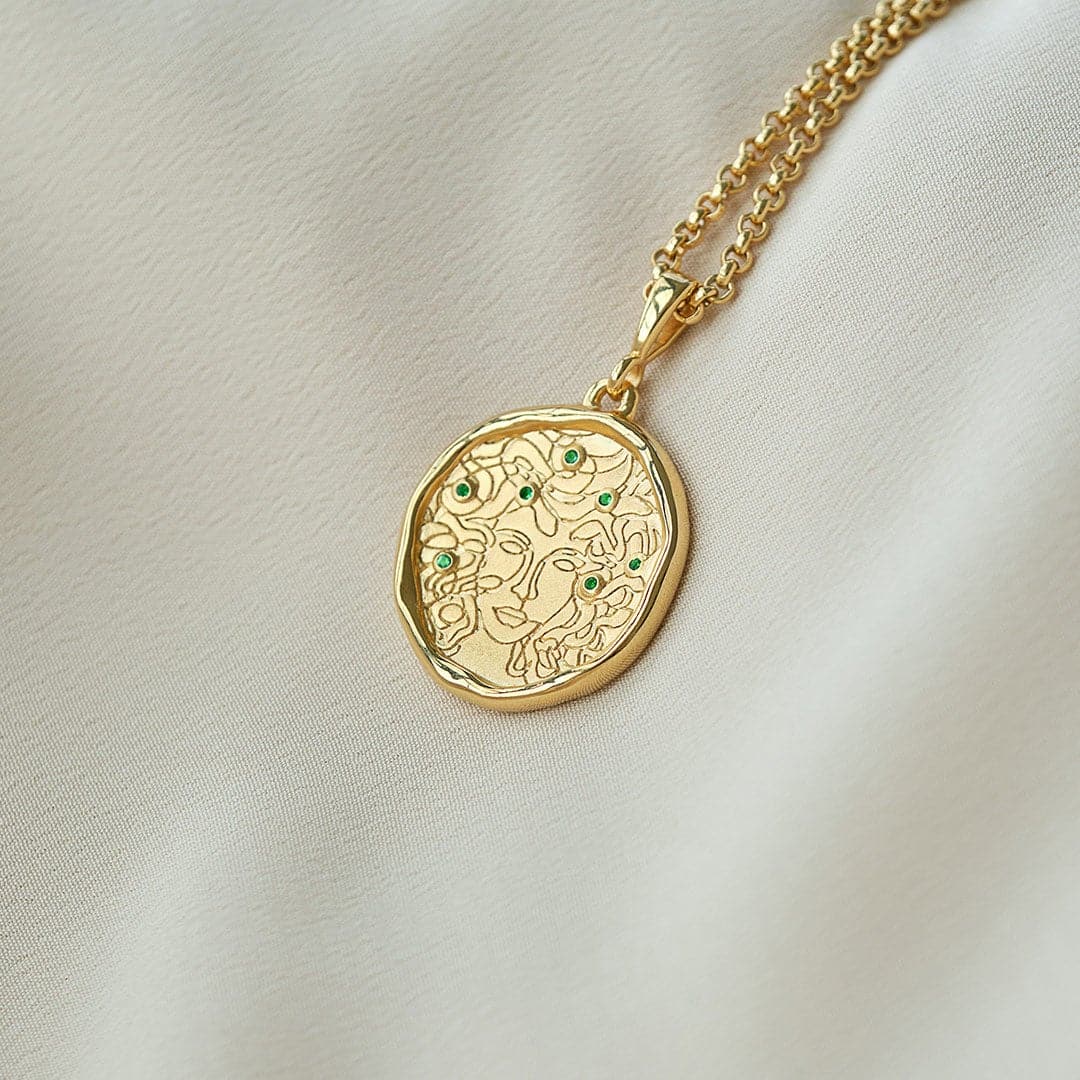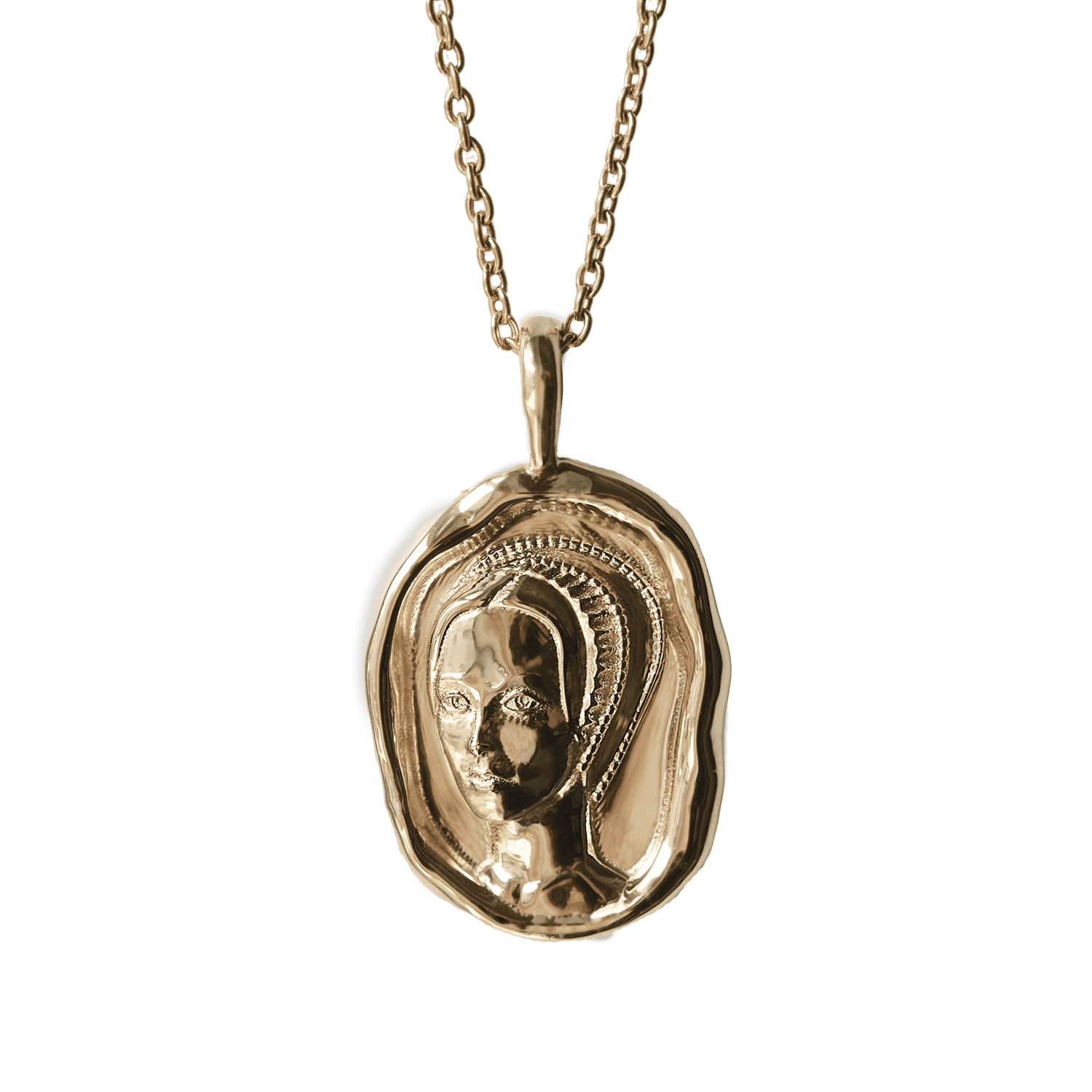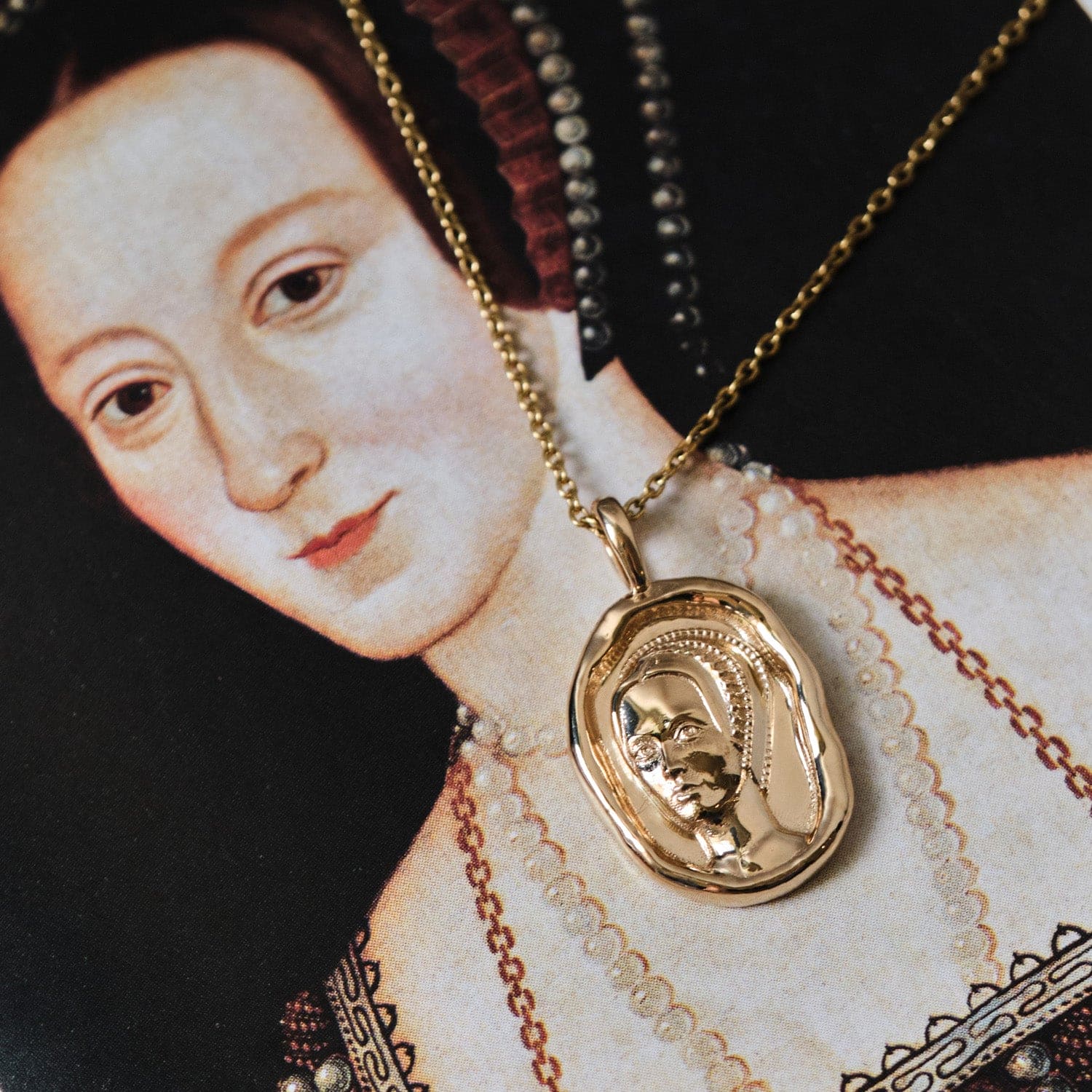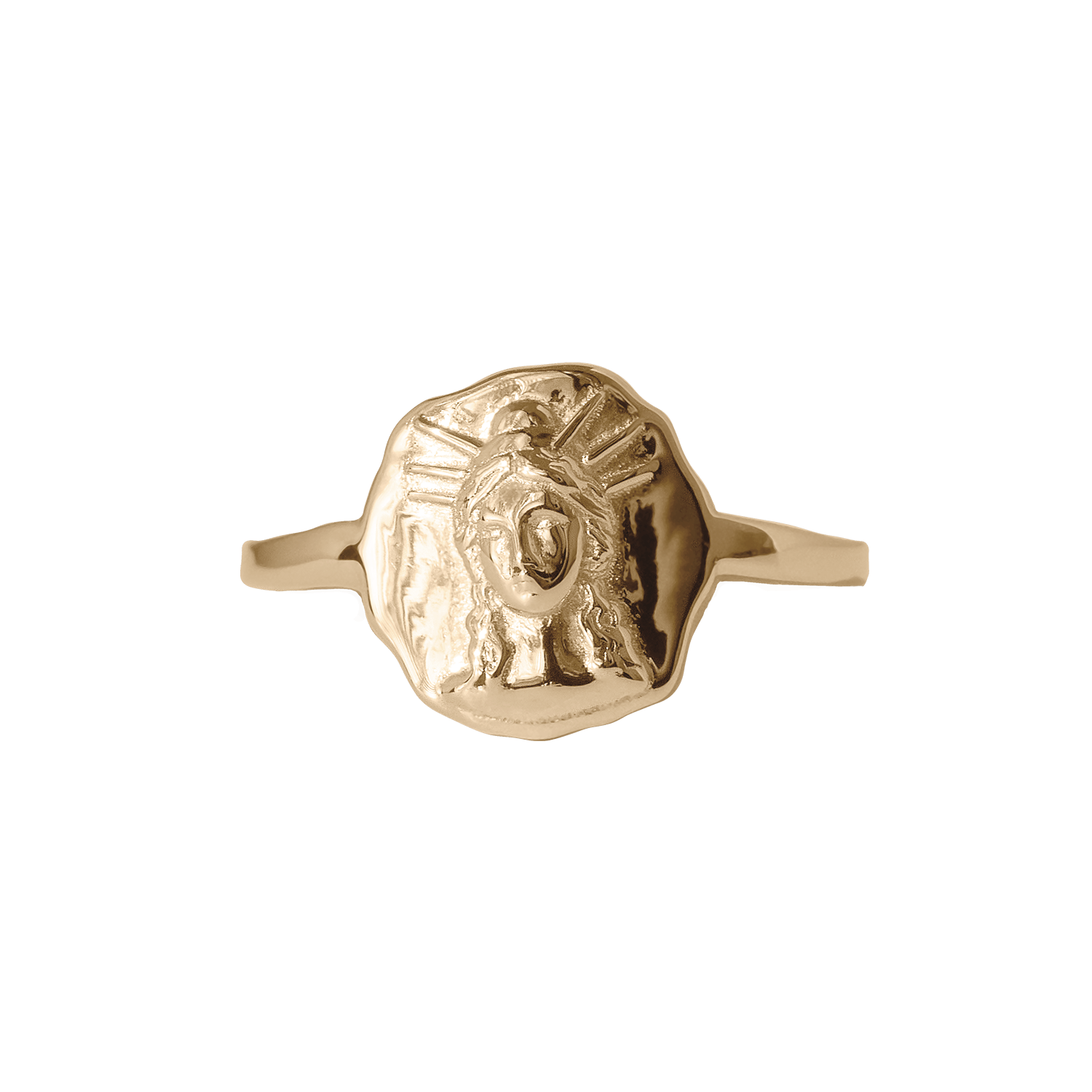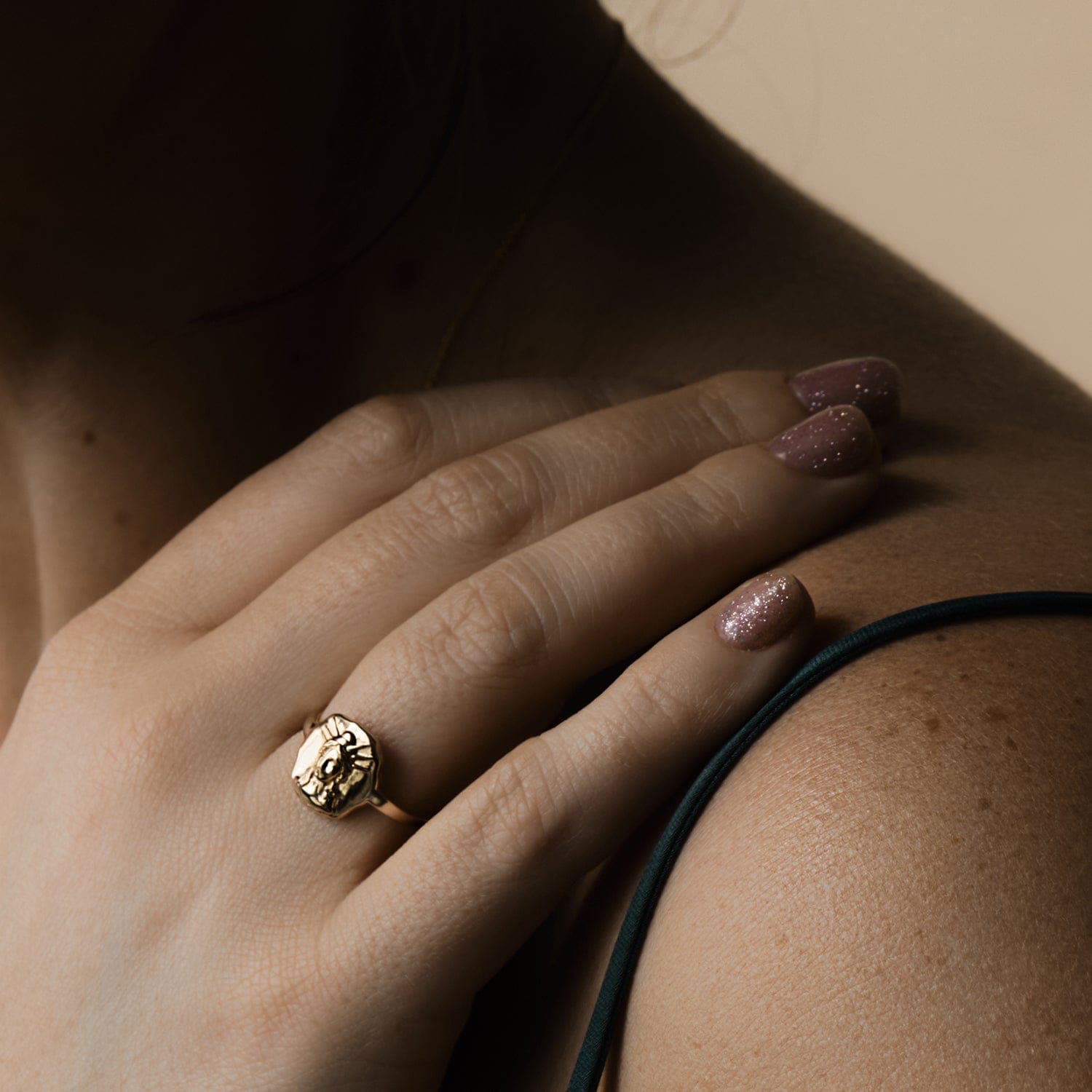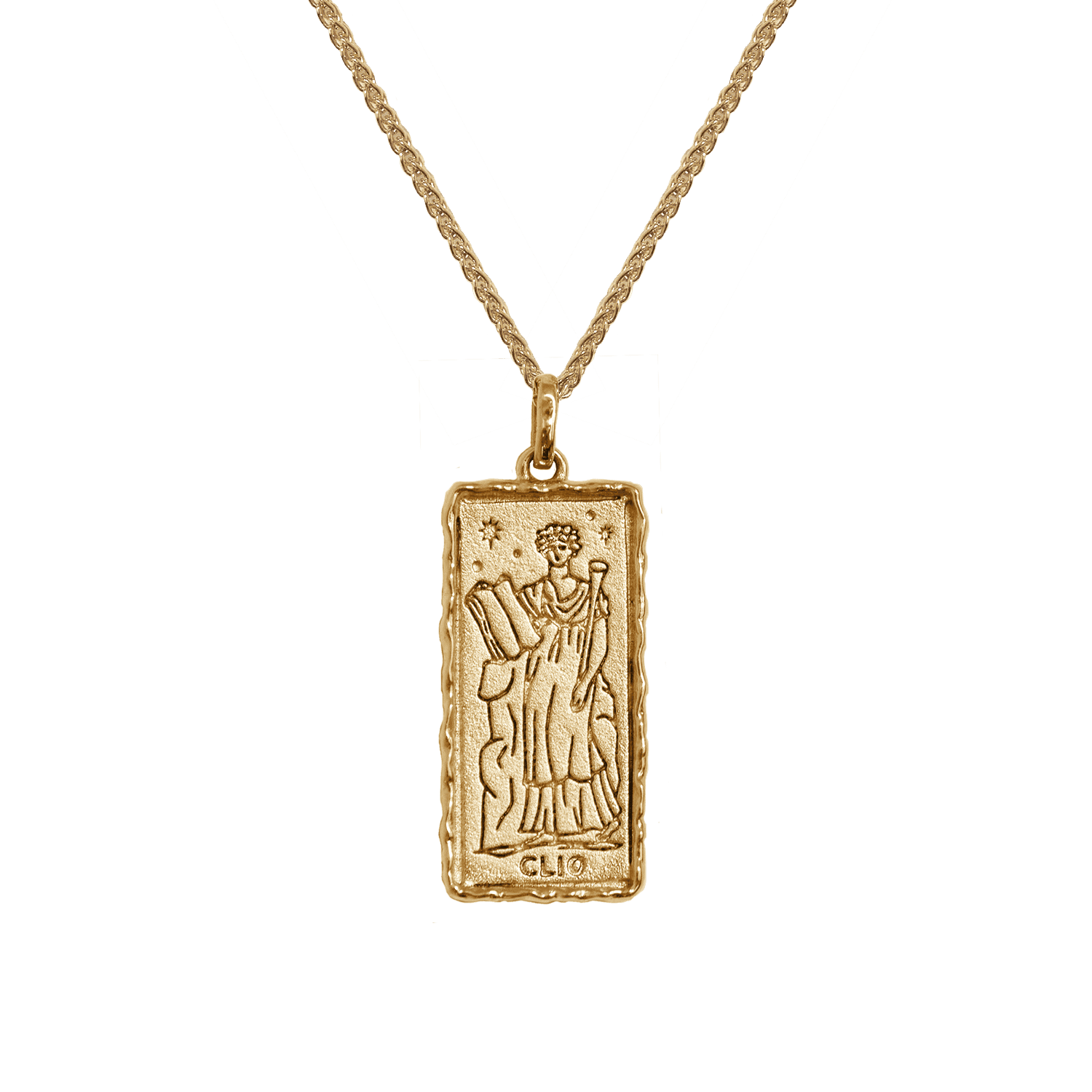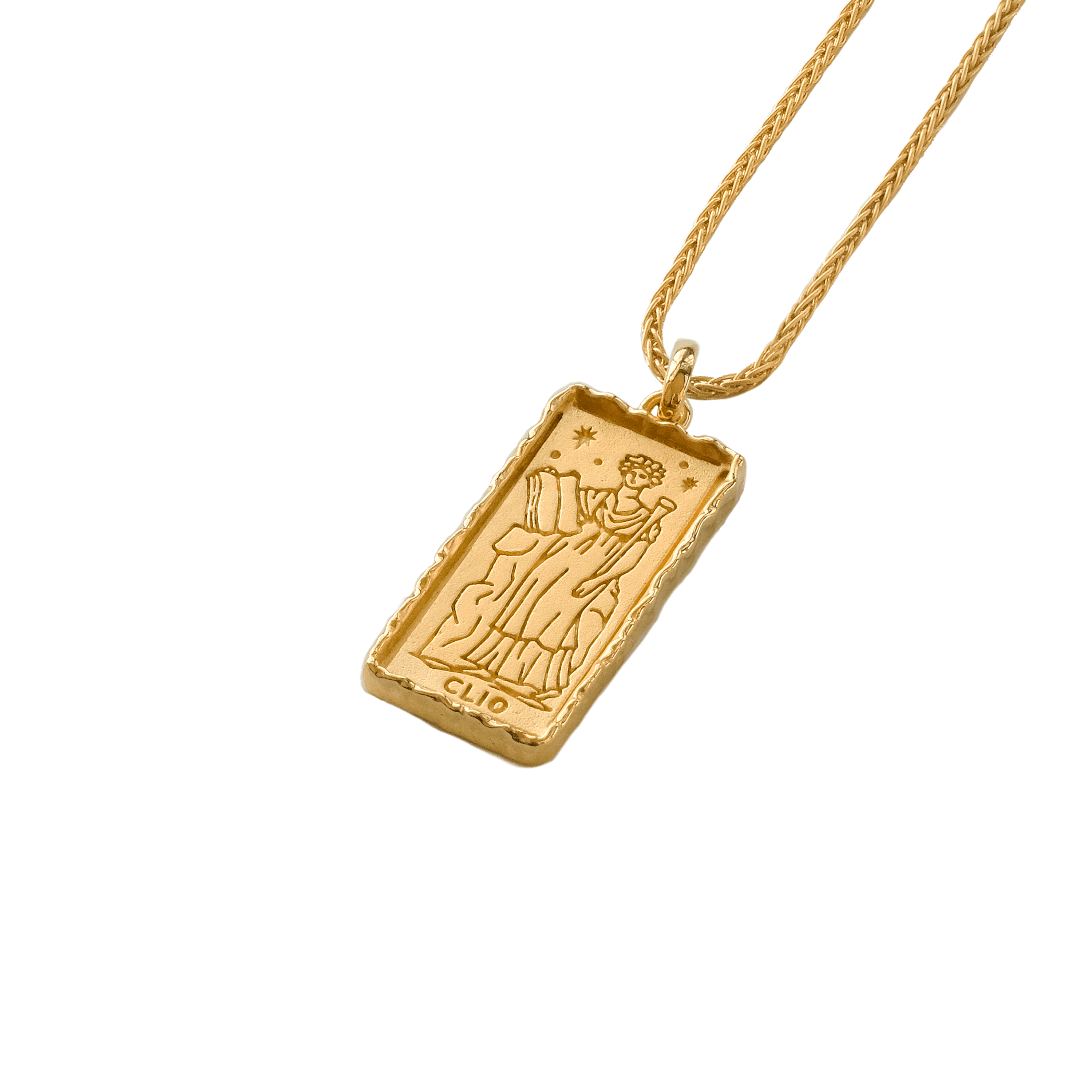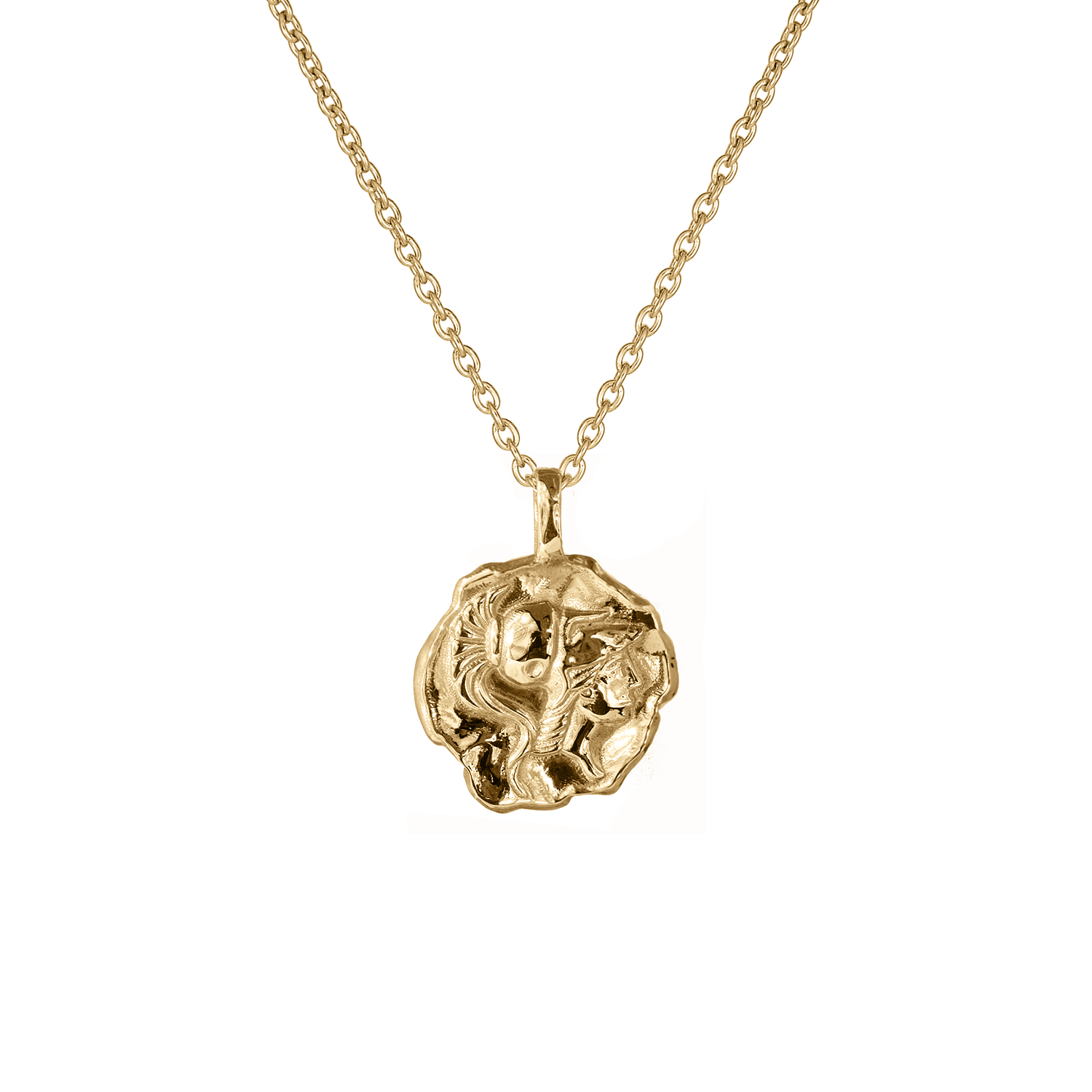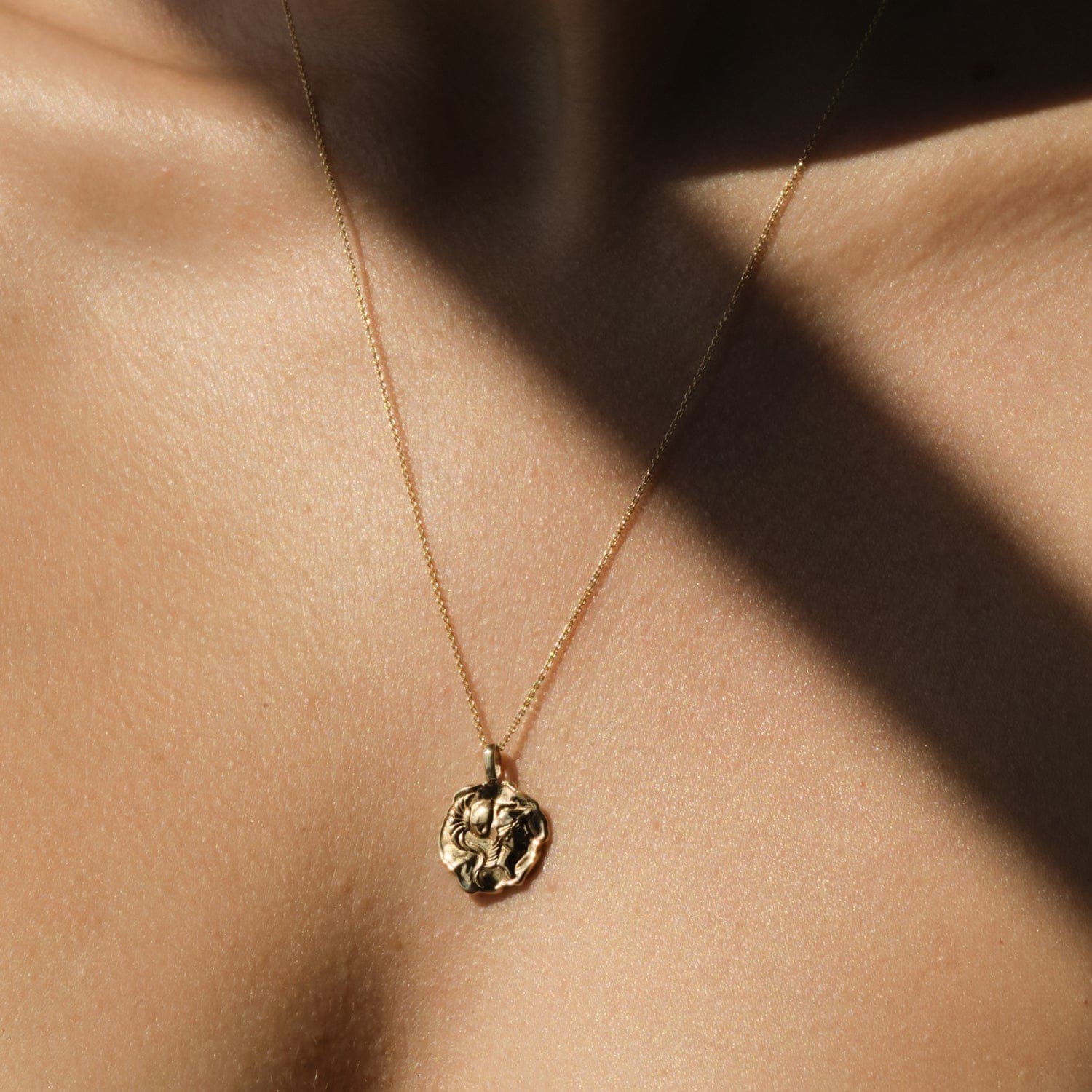"I have heard people say that this spring and Peirene are the same, the water in the city flowing hence underground.”
Pausanias, Description of Greece 2.5.1
The nymph Peirene was born to a river god, and she had two sons, Lecheas and Cenchrias, by the sea god Poseidon. She was the water personified, like her many sisters, bright and bubbly springs of fresh water in the shape of young women. They sprung from the mountain crags, the green prairies of Arcadia, and even from the stone temples in the bustling, ancient city states of Greece. Peirene and her children lived in Corinth, the city on the gulf.
The death of Cenchrias was one of those tragic stories mothers whisper about, while sharing looks of horror and pity. It was nothing more than an accident, a stray arrow that might have landed anywhere else. The mother goddesses all shuddered at once as the young man fell to his knees. Gaia grasped her chest as if she herself had been struck, for she was mother of all things, and felt their pain as if it was her own. Demeter passed a ragged hand over her brow. Hera offered an arm, her eyes full of sympathy. But nothing could be done for the wretched young man, who had been good and fair and in his prime, and Peirene could not stand to cope with the death of her younger son.
As is often the way of nature, there was no one to blame and nothing to prevent. Peirene had no recourse but to lament. Her tears came like the great autumn storms that shake the trees bare. Nothing but time could slow the torrent of her grief, but as it slowed, it deepened and became more profound, wasting the nymph away as though she drowned in the well of her grief. Once lovely and carefree, Peirene dissolved, and her tears wholly overtook her.
So often in these tragic myths, we see this somber theme that, despite itself, offers some comfort. We all share this same fate, so we might all quietly acknowledge that death can, in one way or another, be another beginning. Such as the Orbouros eats its own tail, as Persephone descends and rises again, the doorway we all must step through is the entrance to a new sort of being.
Out of the stones of Corinth on which Cenchrias breathed his last, Peirene sprung again. There, in the city, wrought in cloudless white marble, is Peirene’s fountain flowing with waters blue as the summer sky.
Apollo, who sheds a tear for every young man cast down in his prime, watches over Peirene's fountain, and holds the place sacred under the sun. The nine muses, beloved of Apollo, painted the walls of Peirene's fountain in rich pigments, depicting sea creatures of the golden age and Aphrodite bathing in the ocean. Poets heard stories of the fountain where the muses lounged, and came from miles around to drink the water and receive the gifts of the divine.
In the dry months of summer, young women leave honey cakes at the smooth marble fountain. Low archways lead to cool, stone chambers filled with tranquil, ebbing freshwater pools. Solemn and reverent, they leave the courtyard sanctuary grown over with vines and grasses, full of the life that bursts forth from the precious water, the cycle of life that ebbs and flows over and over again.
